India is a country that forces travellers to question their lifestyle choices, which is why so many people come here looking for change; and in many cases sustainable tourism can offer a chance for the changes they require. Some people come to India seeking spiritual enlightenment—finding respite for the mind and soul through yoga, some look for detox retreats to break unhealthy eating and excessive alcohol consumption patterns, some people come with charities to work with those in far greater need than we see in our own countries.
Whatever your motivation to visit India, it is impossible to be a passive traveller.
As part of a school residential trip to Panchgani last week, I visited Redstone—an organic farm aiming to live as self-sufficiently as possible; whilst promoting ecotourism by offering homestays to those wanting to simplify their lives.
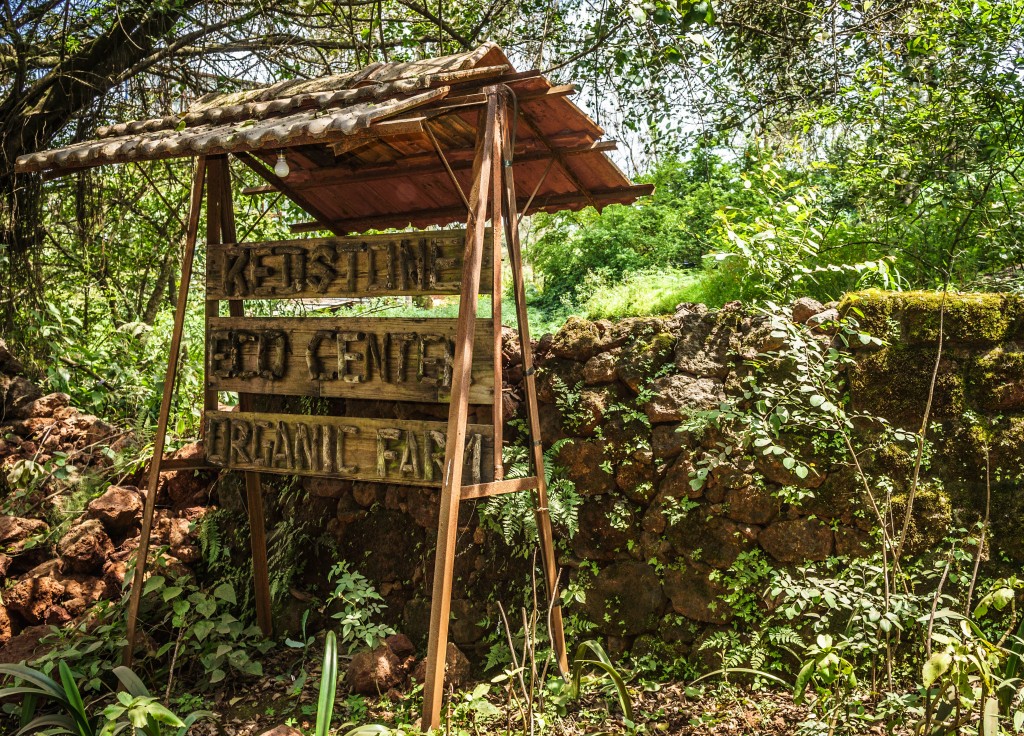
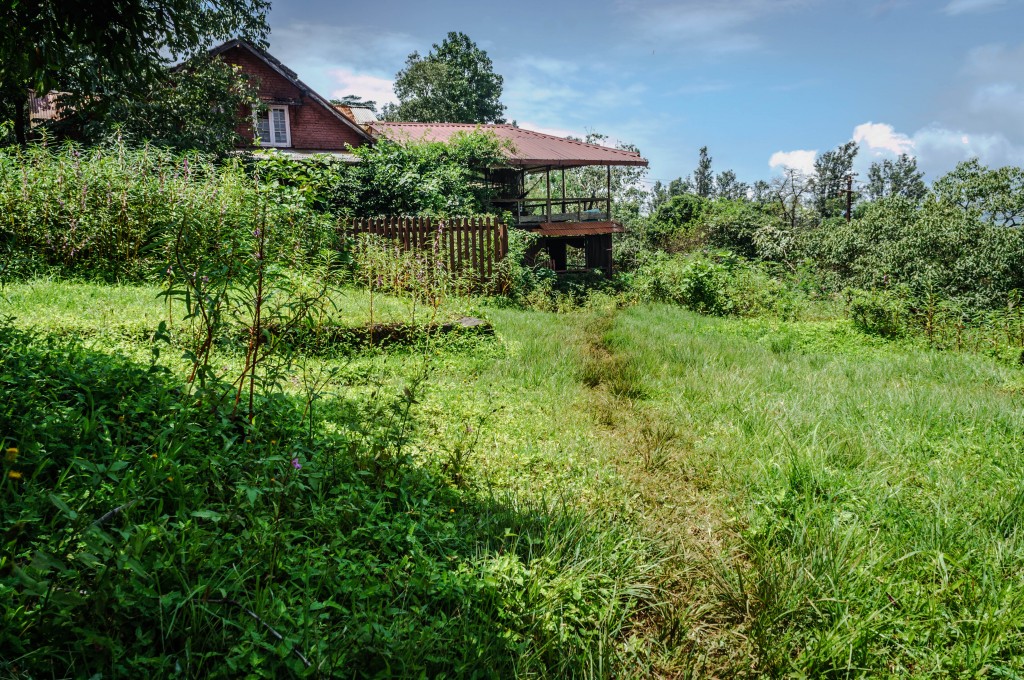
We didn’t stay at the farm as most groups do: our trip was just for the day, but it was interesting to see how the farm works and I am considering a longer stay another time. Admittedly, I am not a naturally healthy person. Although I don’t smoke or drink, I love junk food, have a serious addiction to sugar, and dislike most forms of exercise. On top of that, I am also guilty of the wasteful consumerism that plagues my generation.
I think I would find it very difficult to stay for a few days, but this is precisely why it is important that I should. I have so many unhealthy habits to break!
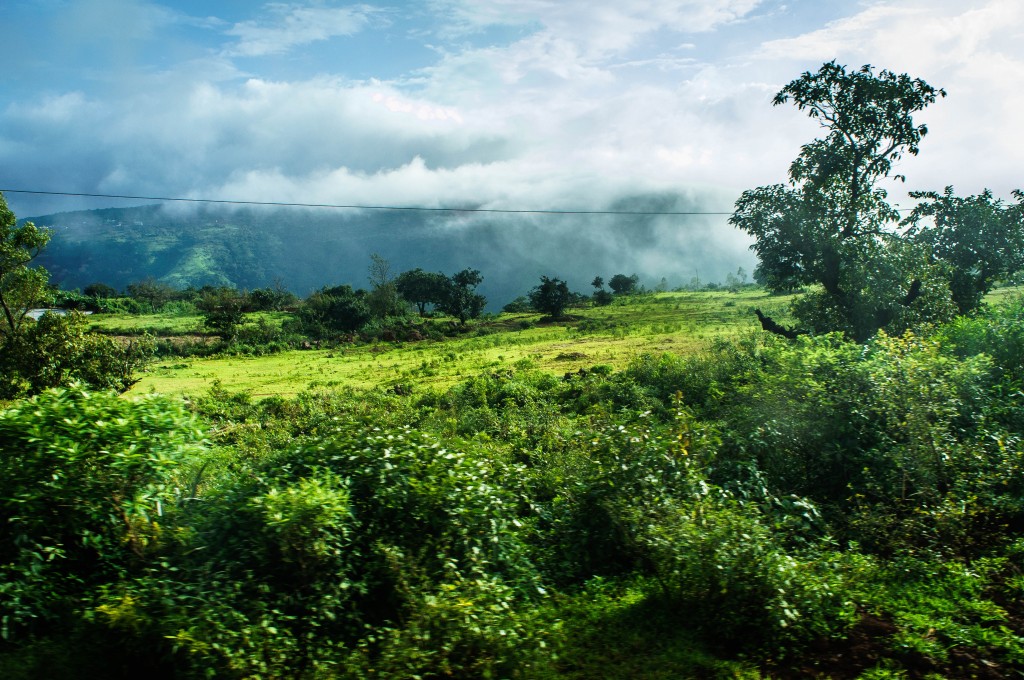
The farm is located in Mahabaleshwar; a lofty hill-station near Pune, and the farm is somewhat near the famous Mapro factory that produces all sorts of delicious jams and sugary confectionary.
See! There I go again…
[mks_boxquote align=”right” width=”250″ arrow=”0″]Mona’s mantra is ‘Reduce, Reuse, Recycle’, and she is passionate about educating others.[/mks_boxquote]The owners, Peter and Mona, built the farm themselves upon red stone cliffs, hand planting all of the trees and vegetation that now surround the farm. The farm is small, but efficient. A hammock suspended from the large terrace area overlooks lush green foliage, cows moo from the barn below, and a blackened pit is evidence of numerous long evenings spent around the campfire. Cushions and threaded rugs complete the bohemian feel.
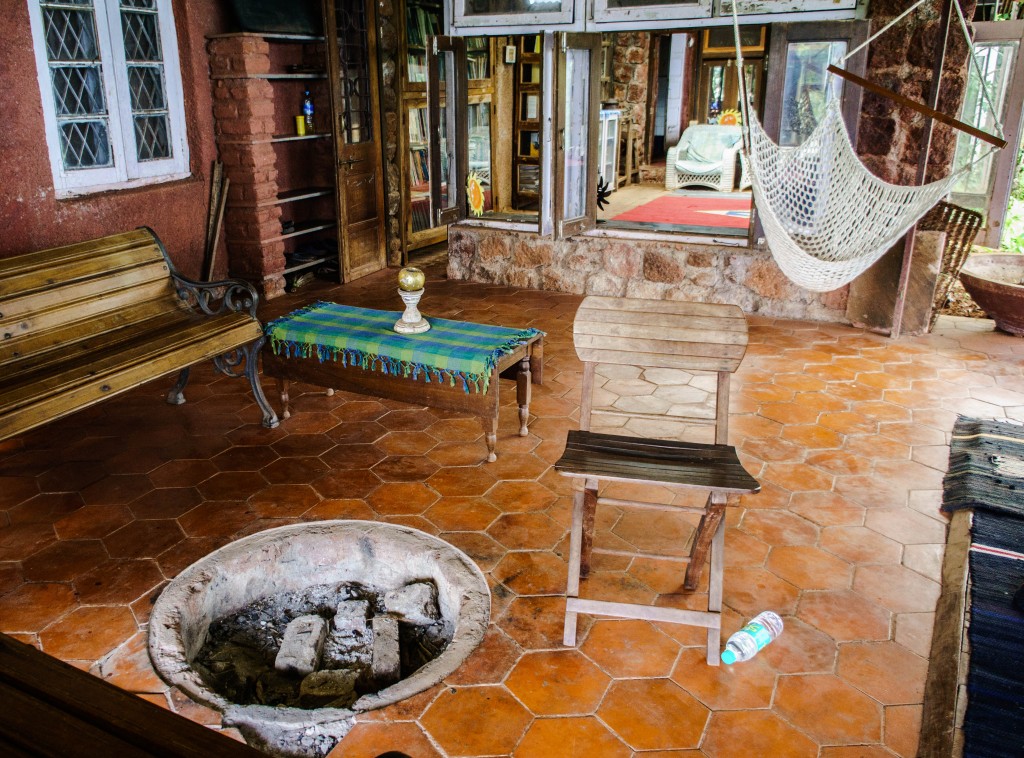
Most of the walls (and a large section of the floor) inside the house are comprised of a cow-dung material that hardens into a cool, smooth and, thankfully, odourless cement. On this floor we watched women perform traditional methods of threshing and grinding corn. The house also features a bicycle that generates electricity, while giving you a great workout at the same time! Upstairs are a number of bedrooms where guests stay on simple beds or mattresses on the floor.
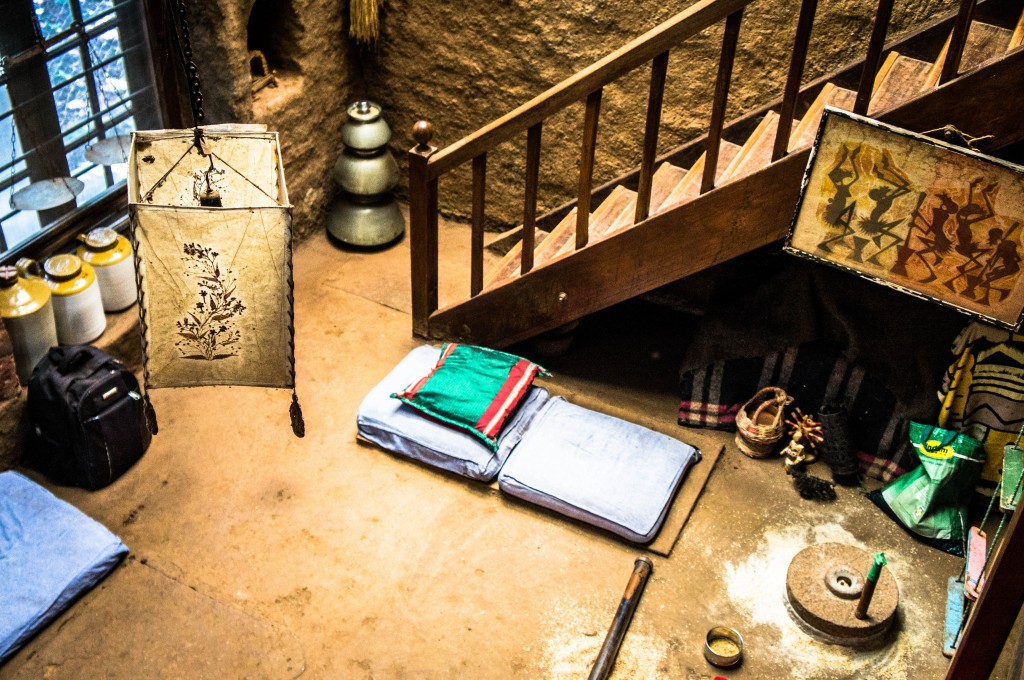
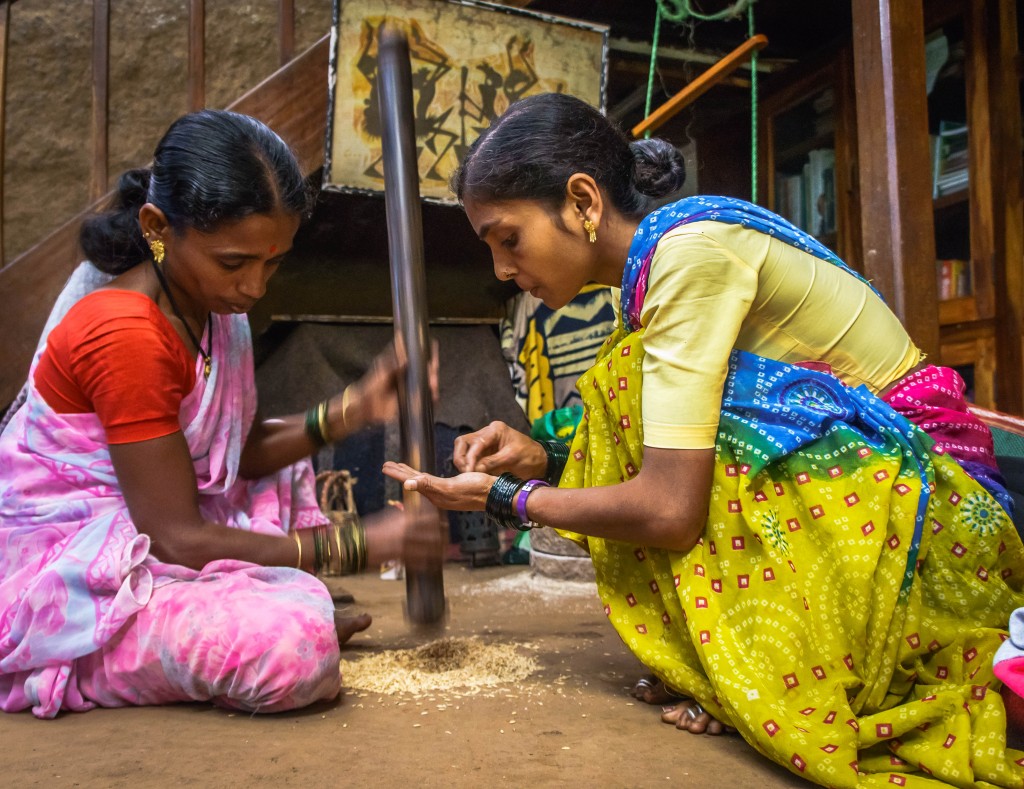
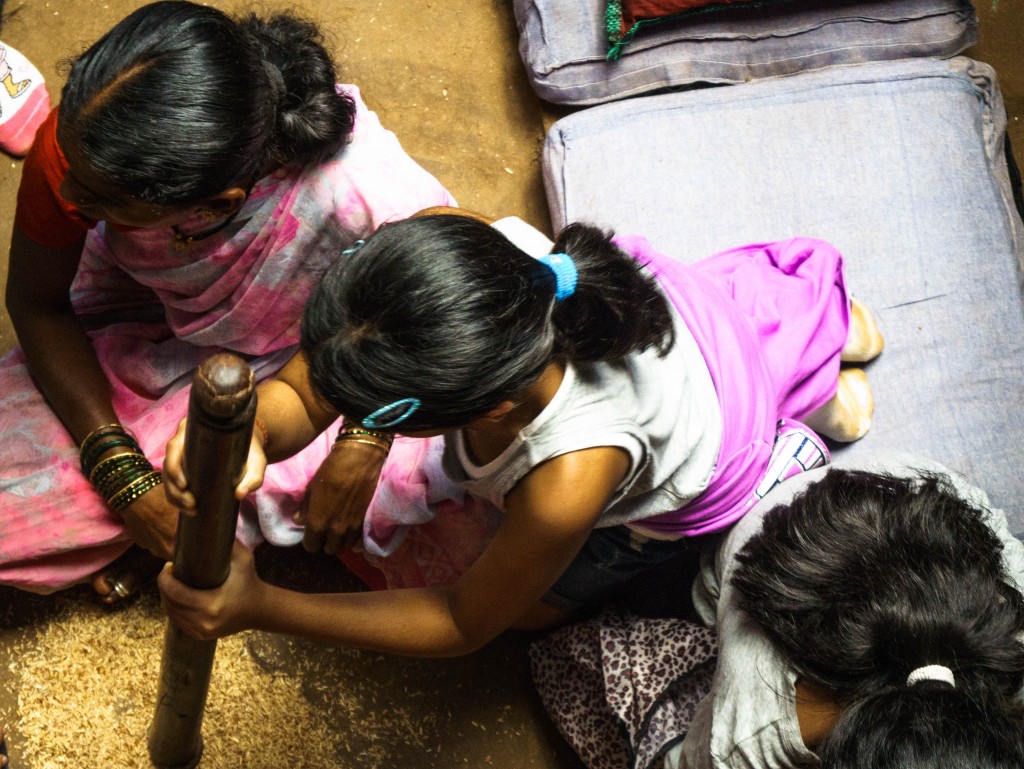
Alongside diverse foliage, the farm boasts a medicinal garden, a vegetable patch, a wind turbine and a large solar disk, on which you can hook a cooking pan. Cows and goats graze the pastures. Water is heated by the methane that is released from burning cow-dung.
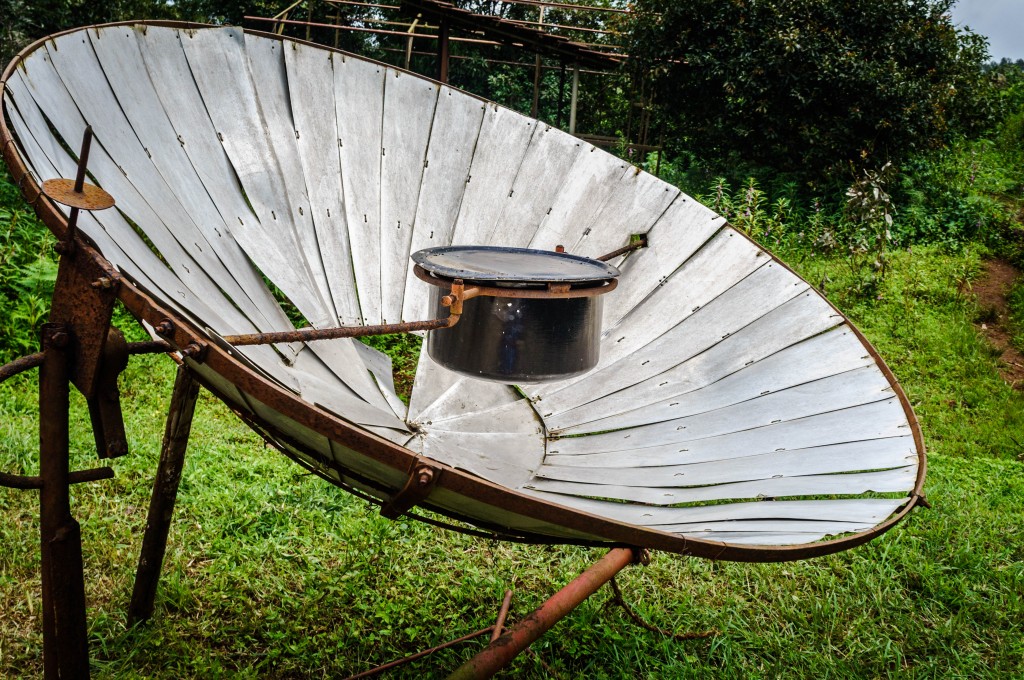
We watched demonstrations of how to use Aloe Vera to treat the skin, how to create a patchwork quilt, and how to make shampoo from shikakai—an Ayurvedic plant indigenous to India. We were all given a packet to take away with us. I am looking forward to seeing how well it works.
Our students had the most wonderful day learning about sustainable living and playing games around the farm, but you don’t have to be part of a school trip to visit. Redstone accommodates anybody who wants to learn how to live a cleaner life. Mona’s mantra is ‘Reduce, Reuse, Recycle’, and she is passionate about educating others.
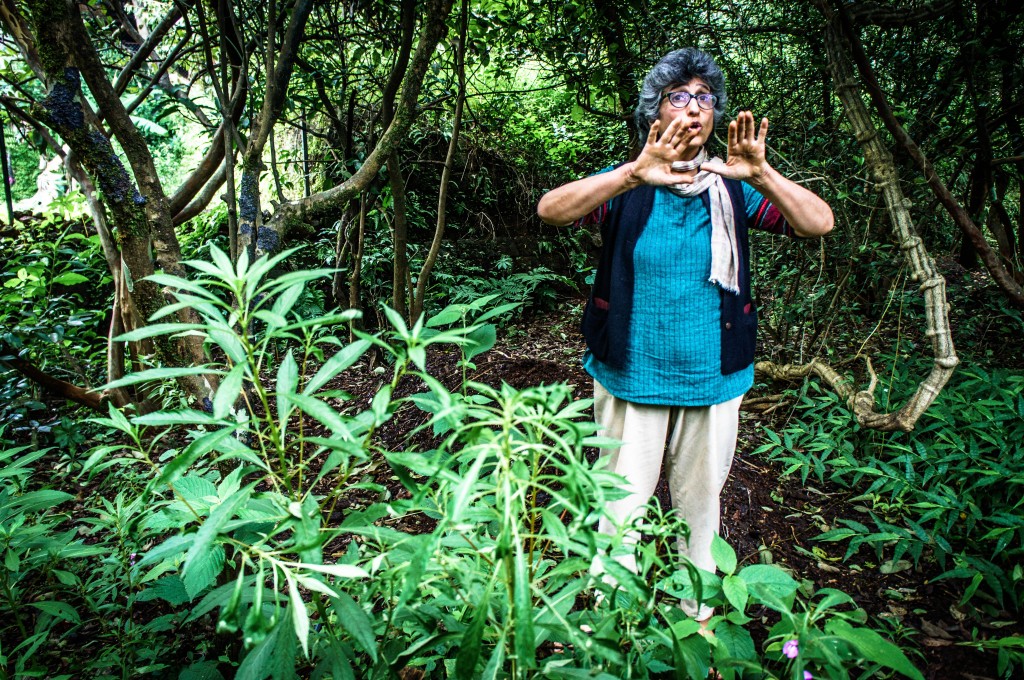
I left the farm questioning my own overuse of plastic water bottles and dependence on junk food. I will never be able to live a self-sufficient life, but I can reduce my requirements, and reuse or recycle waste rather than simply discard things that are no longer required.
If you want to know more about Redstone then drop me a mail and I can forward you the details.
How well do you think you’d cope with living a sustainable or self-sufficient life? Have you ever visited an eco-retreat? What was your experience? Let me know in the comments below!

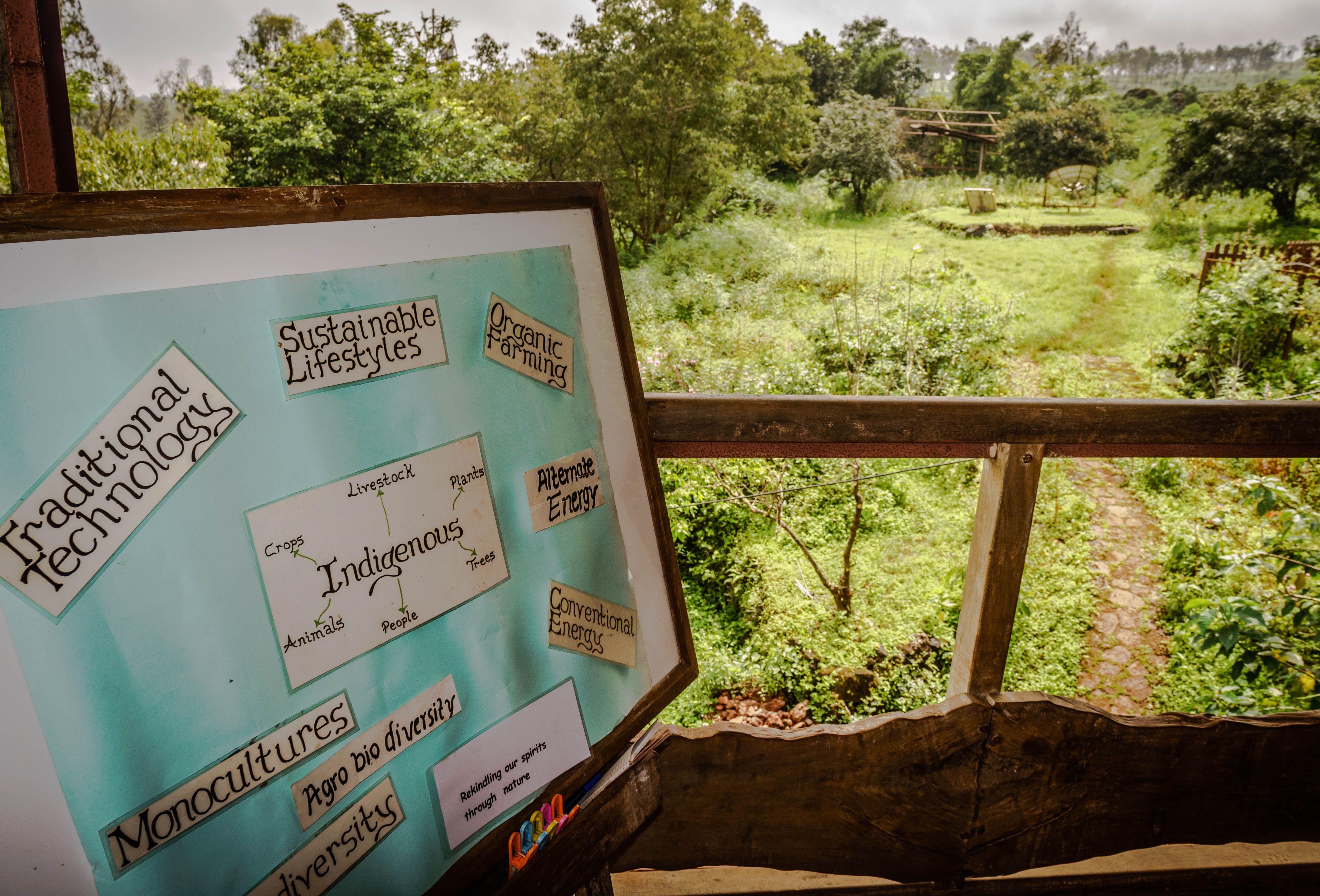
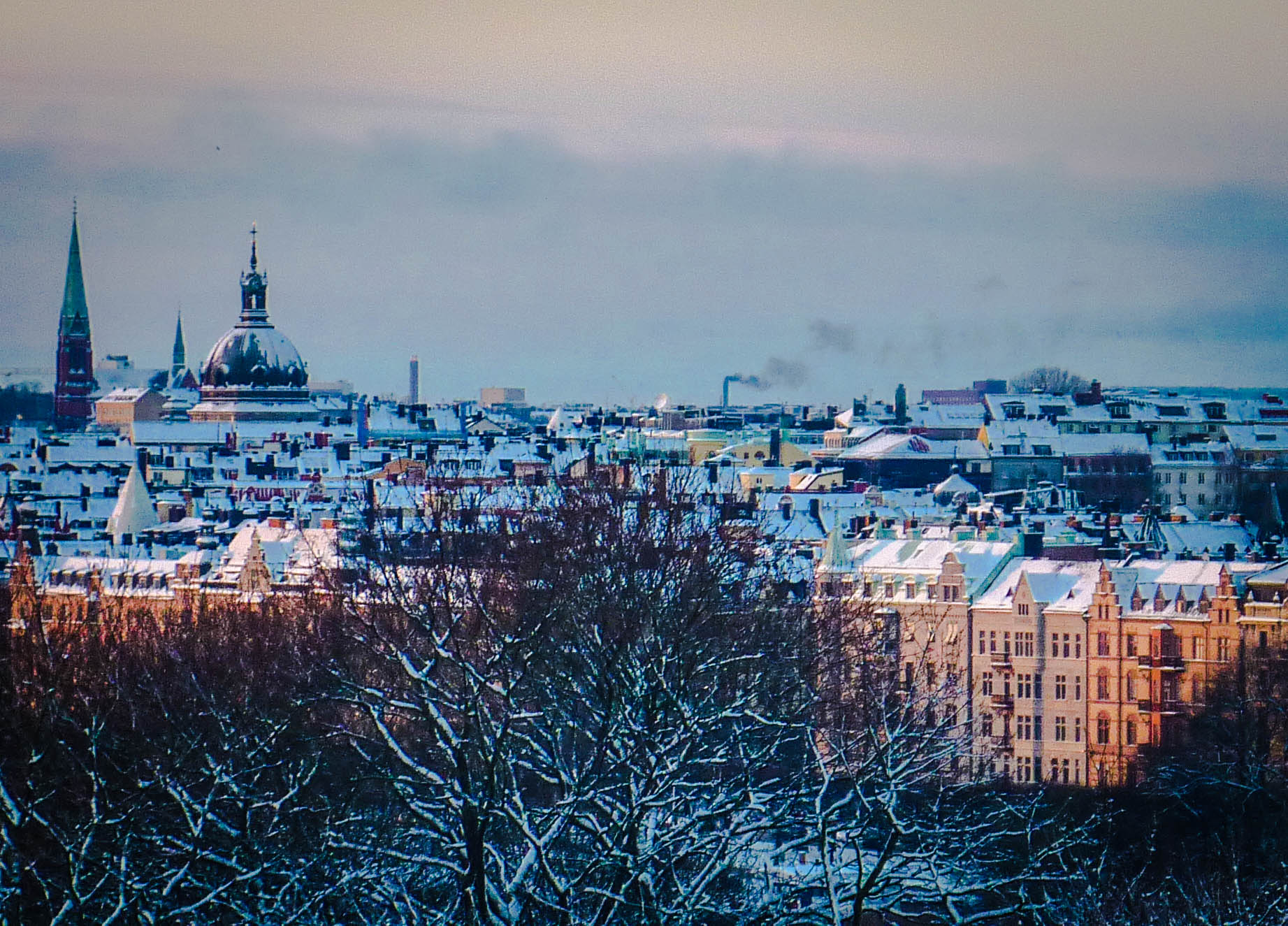


Hi Brit,
I am interested in learning more about Redstone and possibly volunteering there. Could you send me the contact information for someone there?
Thank you.
Hello,
I’d be heading to Matheran in a week and would love to meet up with Mona and Peter and possibly volunteer there.
Could you share any details to get in touch with them?
cheers,
Chithra
Hi Elaine…I am a journalist and I would love to visit redstone eco centre Mahabaleshwar….would be grateful if you could send me the contact details on the below id
neetanair88@gmail.com